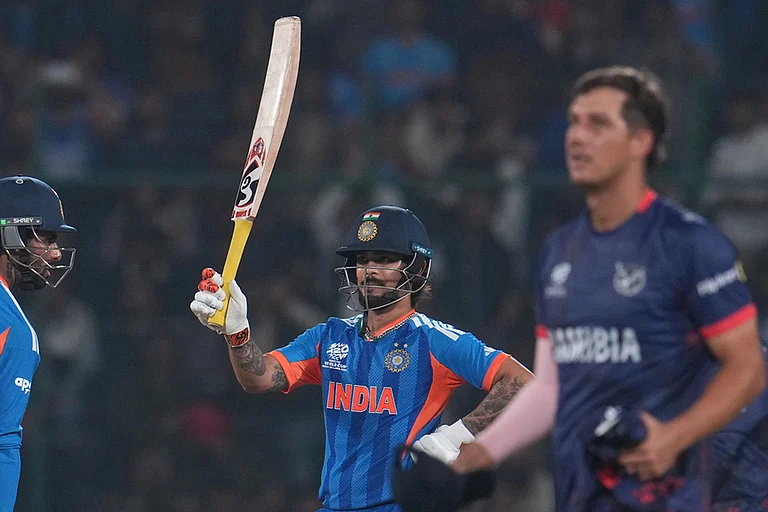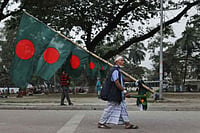Prolonged power outages amid the heat wave have added to the woes of Jharkhand residents.
On Friday, several areas of capital Ranchi, which recorded the season’s highest of 41.4 degree Celsius, witnessed power cuts that lasted hours. The affected areas included Kokar, Harmu, Doranda and Ashok Nagar.
In Kokar’s New Colony area, there was a 12-hour power cut. “There was a power fault around 1.30am. It was finally restored around 3.30pm in the afternoon,” Amit Mahto, a resident of the colony, said.
Jharkhand BJP president Deepak Prakash tweeted, “Due to power cuts in this scorching heat, people admitted in government hospitals are facing trouble.”
The general manager of Jharkhand Bijli Vitaran Nigam Limited (JBVNL), Ranchi, PK Srivastava, told PTI, “There was power outage in some areas last night. Transformer breakdowns were also reported from a few places. Supply was restored by Friday afternoon.”
According to the weather department, there won’t be any relief from the scorching heat for at least the next three-four days. The department on Friday issued a heat wave red alert for East and West Singhbhum districts, orange alert for Saraikela-Kharswan and Simdega districts and yellow alert for other districts till Saturday, a weather official said.
In-charge of Ranchi Meteorological Centre, Abhishek Anand, said, “There won’t be any respite from the extreme heat or heat wave for at least three-four days. Thereafter, temperature may dip by two to three degrees. Light to moderate rains are likely in some parts of the state till June 20.”
Godda district logged 45.2 degree Celsius, the highest maximum temperature in the state, followed by Pakur at 44.5 degree Celsius. Jamshedpur and Daltonganj simmered at 43.8 degree Celsius, while Deoghar recorded a maximum of 43.5 degree Celsius on Friday.
Over monsoon's progress, he said conditions are becoming favourable for further advancement of southwest monsoon over some parts of Eastern India and adjoining areas. “Monsoon may enter Jharkhand by June 20-21 from Santhal Pargana region,” he said.
Usually, monsoon enters the state around June 10. It had reached near Sahibganj district in the state’s northeast on June 12 but " did not proceed further as conditions were not favourable.”


























